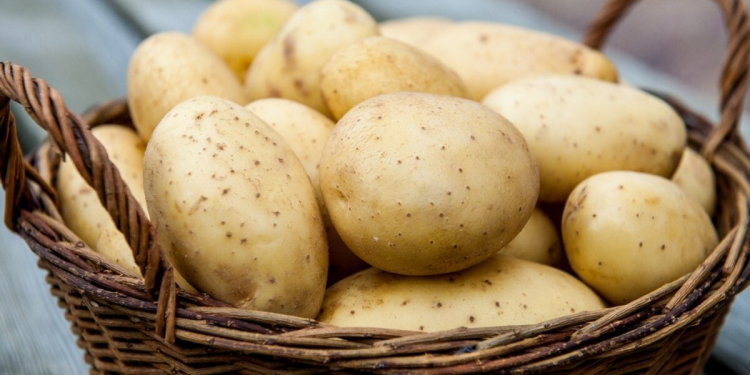In each Sub-Saharan African (SSA) country, there is a potato research and development that involves many actors (partners) ranging from input suppliers to consumers. There is, however, a disconnect between these partners, leading to duplication of efforts and hence waste of meagre resources and hinders the potato value chain from becoming strong and sustainable. Research is mainly conducted at the national agricultural research institutes (NARIs) that include research centers, universities and sometimes private partners in collaboration with international partners such as the International Potato Center (CIP), foreign universities and research organizations. There is little involvement of local partners such as farmers, extension experts and consumers in research, for example, in varietal selection and agronomic package development, except at highly advanced stages just before the release of varieties. At this advanced stage, germplasm that may perform well in some environments and may be preferred by farmers is dropped through the selection process and lost forever. Even though extension is not part of the research in the technology generation process, it becomes a major player for dissemination of technologies. This slows down both dissemination and rate of adoption of technologies by end users.
Limited budget negatively affects rates of generating technologies, multiplication of released technologies, and dissemination as well as adoption rates of technologies. Our experience shows that technologies are not adequately demonstrated in various agro-ecologies in a participatory manner, mainly due to limited funds and human resources, and as a result, technology uptake rates are slow after their release. Moreover, due to little involvement of the private sector, the pace of technology multiplication does not match the demand for technologies. A good example is critical shortage of clean seed of released potato varieties and high costs of seed potato because of its limited availability. In most of these countries, the private sector is not interested in potato production (seed and ware) because of the high production cost of seed, and the perishability and bulkiness nature of the crop. There are a few exceptions to this, for example, Kisima Farm Ltd (see below under quality planting material) produces seed potato on about 100 ha/season (200 ha/year) from clean in vitro plantlets it buys from Genetic Technologies International Limited (GTIL) and Stokmen Rozen, both are private companies that produce in-vitro plantlets by order. In Ethiopia, there is Solagrow (a Dutch company) that produces seed potato. This company is also mechanized and has its own TC laboratory, enabling it to produce clean early generation seed, but it met a major setback when some of its farms were destroyed during public unrest that erupted in 2016 in some parts of the country, where most of Solagrow farms are located.
There is a great need to have more of such successful commercial farms that produce seed and ware potatoes to have a viable potato industry. However, government policies in most SSA countries do not encourage potato production, which negatively affects availability of supplies such as quality seed, fertilizers and pesticides. This trend, we believe will change going forward because the dwindling arable land due to growing population will force governments and farmers to resort to crops that give more food per area, time and other inputs, of which potato is one.
An effective partnership in the input supply to consumption continuum would result in improvement of cash availability, research results, dissemination and adoption of technologies leading to higher productivity. Increased productivity coupled with improved market access will result in improved food and nutrition security. Effective partnership also enhances capacity building of actors at several levels, enabling the establishment of an effective potato value chain.
Kisima Farm is a privately owned mixed farm Located in Meru County, Buuri Sub-county, Eastern part of Kenya. It has a long history for producing cereals such as wheat and barley, flowers, oil crops and pulses. Income from such activities served as a source of cash for the recently started seed potato production, for which It is now a number one leader. Kisima produces seed potato on about 200 ha annually in two seasons (100 ha/season). It started producing seed potatoes in 2008/2009 in collaboration with CIP-led and initially USAID- funded, but later also GIZ-funded 3 G project on only 8 ha. Kisima employs the CIP-promoted 3G techniques to rapidly multiply clean seed using aeroponics.
The company also collaborates with the Kenya Plant Health Inspectorate Services (KEPHIS) of the National Agricultural and Livestock Research Organization (KARLO) to get its seed potato certified, which is then sold to other seed producers in the different regions. Kisima has partnered with Syngenta Foundation for Sustainable Agriculture (SFSA) to supply certified potato seed to small scale seed producers in Meru since 2011. The effort later benefited from the Africa Enterprise Challenge Fund as well. In addition to supplying quality seed potatoes that increase yields of smallholder farmers by 60% and creating employment, the Kisima foundation benefits the community in its area of operation in several ways, including promotion of education, healthcare, water development, agricultural extension, and environmental sustainability.







